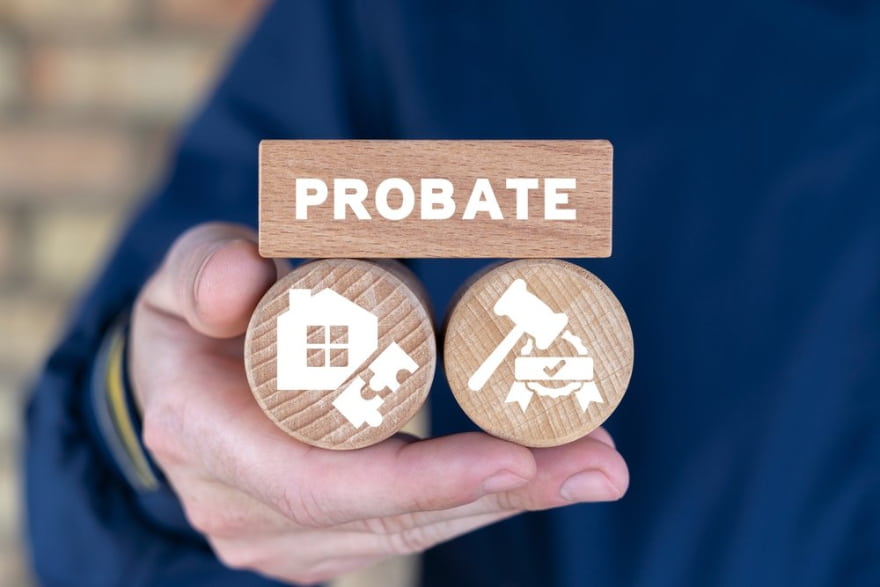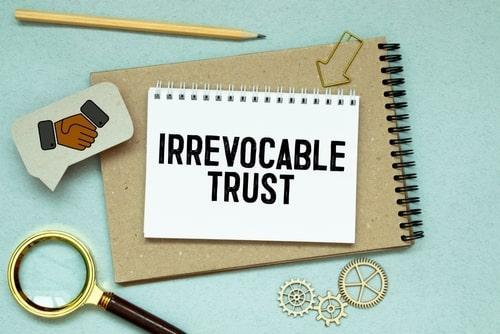If you’re dealing with estate planning in Texas, you might wonder: can a revocable will be connected to probate in Texas? The short answer is yes, a revocable will is indeed connected to the probate process in Texas. However, understanding how this process works is crucial for anyone planning their estate or managing a loved one’s estate.
A revocable will offers flexibility during the testator’s life but still undergoes probate after their death. This article will break down the role of probate in Texas and explain how a revocable will is connected to it. We’ll cover key factors to consider, explore the mechanics of probate, and discuss strategies to simplify the process.
What is a Revocable Will?
A revocable will is a legal document that allows the testator to make changes to their will or even revoke it entirely while they are still alive. This flexibility allows individuals to adjust their estate plans to reflect changes in their lives, such as marriage, divorce, or the acquisition of new assets.
However, once the testator passes away, the revocable will becomes irrevocable. This means it cannot be changed, and it must be followed according to its terms. At this point, the will enters the probate process, which is the court-supervised process of authenticating and executing the will.

Example: Carol’s Revocable Will and Probate
Carol, a 60-year-old widow, created a revocable will that divided her estate between her two children. Later, Carol decided to add a charitable donation to her will, which she updated accordingly. After her death, the updated revocable will was presented for probate. There were no complications, and the probate court validated her will.
Carol’s case illustrates how revocable wills are flexible while the testator is alive, but once they pass away, the will enters probate and is executed as written.
Understanding the Probate Process in Texas
In Texas, probate is the legal process by which a deceased person’s estate is administered. The process ensures that the deceased’s wishes, as outlined in their will, are followed. If no will exists, the estate is handled according to Texas’s laws of intestate succession.
Probate in Texas involves several steps:
- Validating the will: The court verifies that the will is legally valid.
- Appointing an executor: The executor, named in the will, is responsible for managing the estate.
- Inventorying assets: The executor gathers and values all assets in the estate.
- Paying debts and taxes: All outstanding debts and taxes must be settled before distribution.
- Distributing assets: Once debts are cleared, assets are distributed to beneficiaries as directed in the will.
When it comes to a revocable will, the probate court ensures the will is executed as intended by the deceased.
How Does a Revocable Will Connect to Probate in Texas?
In Texas, once the testator passes away, the revocable will becomes part of the probate process. The probate court will verify the will’s authenticity and ensure that its instructions are followed. The estate cannot be distributed until probate is completed, and the process is subject to Texas law.
Simple Probate for a Revocable Will
In cases where the revocable will is straightforward and uncontested, the probate process in Texas can be fairly simple. The executor files the will with the court, and as long as there are no disputes, the court validates the will and allows the executor to proceed with administering the estate.
There are two types of probate administration in Texas:
- Independent administration: This is a simplified process where the executor can administer the estate with minimal court oversight, provided there are no disputes.
- Dependent administration: If there are disagreements or complications, the court will be more involved, which can extend the probate process.
For a revocable will, if everything is clear and uncontested, the court can approve independent administration and allow the executor to manage the estate without further court involvement.
Contesting a Revocable Will
Sometimes, revocable wills can be contested, which complicates the probate process. If someone believes that the will is invalid—whether due to lack of mental capacity, undue influence, or improper execution—the court must investigate these claims before proceeding with probate.
A contested will can delay the probate process and may increase costs. The court will hear arguments from all interested parties, and it’s possible that the will could be invalidated in favor of a previous will or Texas’s intestate succession laws.

Example: The Smith Family Will Dispute
The Smith family experienced a revocable will dispute when their father, John Smith, passed away. His will was recently updated to leave more assets to his second wife, causing a rift between his children from his first marriage. The children contested the will, claiming their father was coerced into changing the terms under duress.
The probate court had to review the validity of the updated will. Ultimately, the court upheld the most recent will, but the process took over a year and resulted in significant legal fees. This example highlights how a revocable will can be contested, which complicates the probate process and increases costs.
Key Factors That Influence the Probate Process for Revocable Wills in Texas
Several factors can influence how a revocable will is connected to probate in Texas. Here are the key elements to keep in mind:
1. Proper Execution of the Will
For a revocable will to be valid, it must be executed properly. In Texas, this typically means the testator must sign the will in front of at least two witnesses, who must also sign the will in the testator’s presence. If the will is not executed in accordance with Texas law, it may be contested or deemed invalid during probate.
2. Clear and Up-to-Date Terms
A revocable will should contain clear and unambiguous instructions regarding the distribution of assets. If the will is vague or outdated, it could lead to confusion and disputes during probate. Regularly updating your will ensures that your estate plan reflects your current wishes and minimizes the risk of contestation.
3. Executor Appointment
The revocable will should clearly name an executor to manage the estate. The executor is responsible for filing the will with the court, handling the estate’s finances, and distributing assets. If the executor is not named, or if the named executor is unable to serve, the court will appoint someone, which could delay the process.
4. Debts and Taxes
Even if a revocable will clearly outlines asset distribution, the probate process must still address any outstanding debts and taxes. In Texas, there is no state estate tax, but federal estate taxes may apply to larger estates. The executor must ensure that all debts and taxes are paid before distributing the remaining assets.
5. Family Disputes and Will Contests
Family members may dispute the terms of a revocable will, especially if there are significant changes from a prior version. These disputes can lead to delays and complications in probate. In some cases, the court may rule in favor of an earlier will or apply Texas’s intestate succession laws if the will is invalidated.

How to Avoid Common Problems with a Revocable Will in Texas Probate
To make the probate process smoother and avoid complications with a revocable will, consider these steps:
1. Ensure Proper Execution
It’s essential that your revocable will is executed according to Texas law. Have it signed in front of two disinterested witnesses who can attest to the testator’s mental capacity and intention. You may also consider having the will notarized, though this is not required by Texas law.
2. Keep Your Will Up-to-Date
Life changes, and so should your will. Regularly review and update your will to reflect any changes in your family, financial situation, or wishes. Keeping the will up-to-date can help avoid confusion and potential disputes.
3. Communicate with Your Family
One of the best ways to prevent disputes over a revocable will is to communicate openly with your family. Let them know your intentions, especially if you make significant changes to your will. Clear communication can reduce misunderstandings and help manage expectations.
4. Choose a Competent Executor
Select an executor who is capable, trustworthy, and understands their responsibilities. The executor plays a vital role in ensuring the smooth administration of the estate. You can choose a family member, friend, or a professional executor if needed.
Conclusion
In Texas, a revocable will is an essential part of the probate process after the testator’s death. While revocable wills offer flexibility during the testator’s life, once they pass away, the will becomes irrevocable and must go through probate. Understanding how a revocable will interacts with probate, including the steps involved and potential challenges, can help simplify the process for both the testator and the beneficiaries.
By ensuring that your revocable will is properly executed, regularly updated, and clearly communicates your wishes, you can reduce the likelihood of complications during probate. If disputes arise, working with an experienced probate attorney can help navigate the process and protect your rights. Whether you’re creating a will or managing an estate, understanding the connection between revocable wills and probate is critical to ensuring that your estate is handled according to your wishes.








